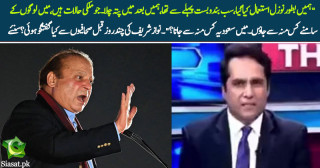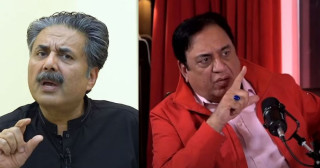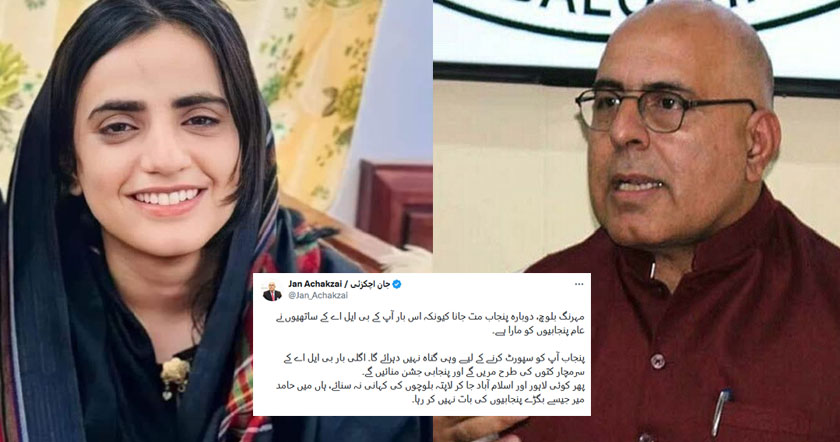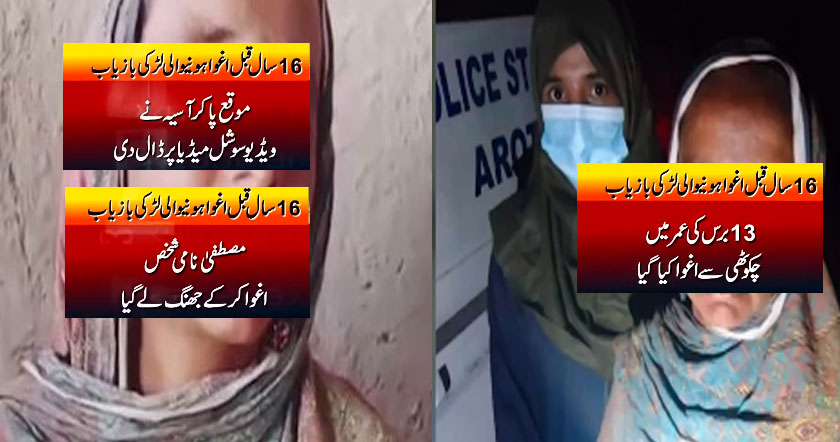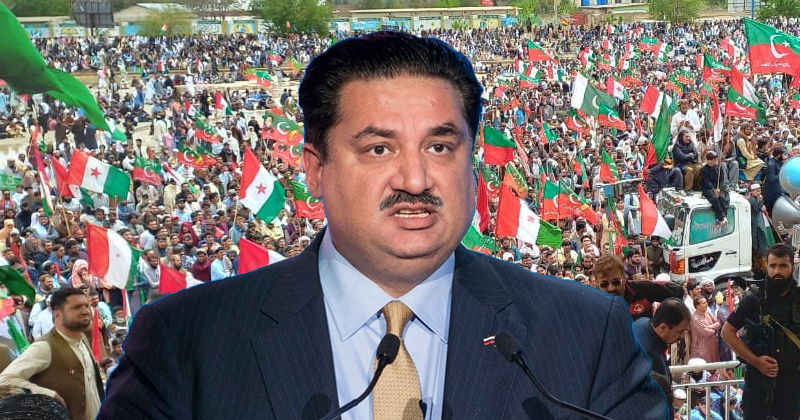ISLAMABAD: Shaukat Tareen, an eminent banker and former finance minister of Pakistan, said that in case the PTI government wants to make its proposed assets declaration and amnesty scheme, 2019, successful, then it will have to first plug the three loopholes; otherwise, the black economy will continue to appear, and the future government will continue bringing more such amnesty schemes.

Mr Tareen also gave his input on Naya Pakistan Housing Scheme launched here in Islamabad on Wednesday by Prime Minister Imran Khan saying that it is a good initiative to generate economic activities and provide the housing facilities to government employees, but to make the project successful, the government needs to enact the foreclosure laws for banks explaining that under foreclosure laws banks will be able to take possession and sell home when the borrower has defaulted on the loan.
However, the banks currently feel safe if it comes to lending loans for government employees seeking houses as they are government employees and will not take risk of being declared as defaulter. Mr Tareen said that there are 2.5 to 2.7 million government employees in provincial and federal governments, and they can be provided with the housing facilities in first stage.
By the time, the government, he suggested, should try to enact foreclosure laws through parliament and then provide the housing facilities under the Naya Pakistan Housing Scheme for those who are not government employees. He said that loan borrowing rate from commercial banks currently stands at 13.5 percent under which no one could come forward and take loans for making the houses at higher interest rates.
Mr Tareen proposed the government to provide the subsidy to banks for providing the loans at 8 percent for construction of houses, but the government has no liquidity at all, and if it manages the IMF programme then it will not be able to provide the huge subsidy in this regard as the Fund will not allow the government to balloon the fiscal deficit.
Coming to the Assets Declaration and Amnesty Scheme, 2019, Tareen said that no doubt that about 40 percent economy is black economy but any government cannot succeed to make it success story unless three loopholes are plugged. He said that there are three loopholes which are the basic reasons for existence of black economy. Three loopholes include real estate, agriculture sector and the exemptions from income tax to those who have income up to Rs12,00,000 per year.
He suggested the government to do away with the DC rates of purchasing and selling the plots or houses and shops in real estate, industry and allow the transactions on real value, but reduce the registration fee and CVT, which currently stands at 12-13 percent to 1-2 percent. ‘This will help document the economy in real estate industry.’
He said that currently people sell and purchase the plots and houses and shops under DC rates and pay their taxes accordingly, but they factually do business under market rates and this is how they manage to gather huge untaxed (black money) and to avoid this, the government needs to bring down taxation on market rate on sales and purchase at 1-2 percent; otherwise, the black economy will continue to surge after every amnesty scheme. He said that in India such practice is being done, and it helped a lot to document the economy in India.
Similarly, the government should start collecting the taxation on agriculture sector of which contribution to GDP is Rs7 trillion, but it contributes the tax of just Rs2-2.5 billion per annum. He said that provincial governments should allow FBR to collect tax on Agriculture and take back the revenue in this regard from the FBR.
Mr Tareen also asked the government to collect nominal tax even from those who earn Rs40,000 and get income tax from them Rs100 per month. ‘This will help document his economy.’ And those who earn Rs100,000 per month should not be exempted from any income tax, and they should be asked to given nominal tax such as Rs1,000 per month.
Mr Tareen said that by giving the tax exemption to those who earn just Rs12,00,000 per year, it has become difficult to document retailers and small shop holders as they say that their earning is less than Rs100,000 per month.
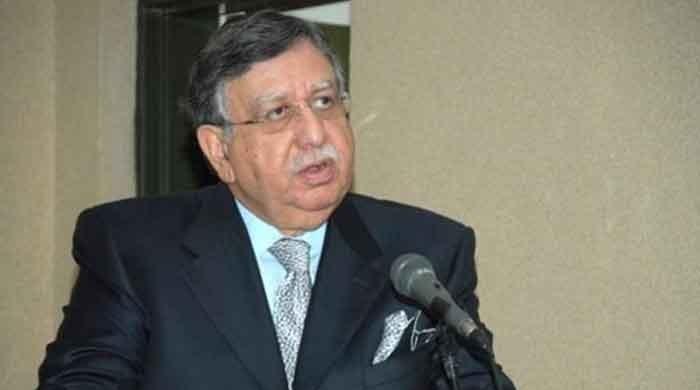
 www.thenews.com.pk
www.thenews.com.pk

Mr Tareen also gave his input on Naya Pakistan Housing Scheme launched here in Islamabad on Wednesday by Prime Minister Imran Khan saying that it is a good initiative to generate economic activities and provide the housing facilities to government employees, but to make the project successful, the government needs to enact the foreclosure laws for banks explaining that under foreclosure laws banks will be able to take possession and sell home when the borrower has defaulted on the loan.
However, the banks currently feel safe if it comes to lending loans for government employees seeking houses as they are government employees and will not take risk of being declared as defaulter. Mr Tareen said that there are 2.5 to 2.7 million government employees in provincial and federal governments, and they can be provided with the housing facilities in first stage.
By the time, the government, he suggested, should try to enact foreclosure laws through parliament and then provide the housing facilities under the Naya Pakistan Housing Scheme for those who are not government employees. He said that loan borrowing rate from commercial banks currently stands at 13.5 percent under which no one could come forward and take loans for making the houses at higher interest rates.
Mr Tareen proposed the government to provide the subsidy to banks for providing the loans at 8 percent for construction of houses, but the government has no liquidity at all, and if it manages the IMF programme then it will not be able to provide the huge subsidy in this regard as the Fund will not allow the government to balloon the fiscal deficit.
Coming to the Assets Declaration and Amnesty Scheme, 2019, Tareen said that no doubt that about 40 percent economy is black economy but any government cannot succeed to make it success story unless three loopholes are plugged. He said that there are three loopholes which are the basic reasons for existence of black economy. Three loopholes include real estate, agriculture sector and the exemptions from income tax to those who have income up to Rs12,00,000 per year.
He suggested the government to do away with the DC rates of purchasing and selling the plots or houses and shops in real estate, industry and allow the transactions on real value, but reduce the registration fee and CVT, which currently stands at 12-13 percent to 1-2 percent. ‘This will help document the economy in real estate industry.’
He said that currently people sell and purchase the plots and houses and shops under DC rates and pay their taxes accordingly, but they factually do business under market rates and this is how they manage to gather huge untaxed (black money) and to avoid this, the government needs to bring down taxation on market rate on sales and purchase at 1-2 percent; otherwise, the black economy will continue to surge after every amnesty scheme. He said that in India such practice is being done, and it helped a lot to document the economy in India.
Similarly, the government should start collecting the taxation on agriculture sector of which contribution to GDP is Rs7 trillion, but it contributes the tax of just Rs2-2.5 billion per annum. He said that provincial governments should allow FBR to collect tax on Agriculture and take back the revenue in this regard from the FBR.
Mr Tareen also asked the government to collect nominal tax even from those who earn Rs40,000 and get income tax from them Rs100 per month. ‘This will help document his economy.’ And those who earn Rs100,000 per month should not be exempted from any income tax, and they should be asked to given nominal tax such as Rs1,000 per month.
Mr Tareen said that by giving the tax exemption to those who earn just Rs12,00,000 per year, it has become difficult to document retailers and small shop holders as they say that their earning is less than Rs100,000 per month.

Amnesty scheme can’t be successful unless three loopholes are plugged
He also gave his input on Naya Pakistan Housing Scheme, saying that it is a good initiative to generate economic activities and provide the housing facilities to government employees, but to make the project successful, the government needs to enact the foreclosure laws for banks explaining that...


